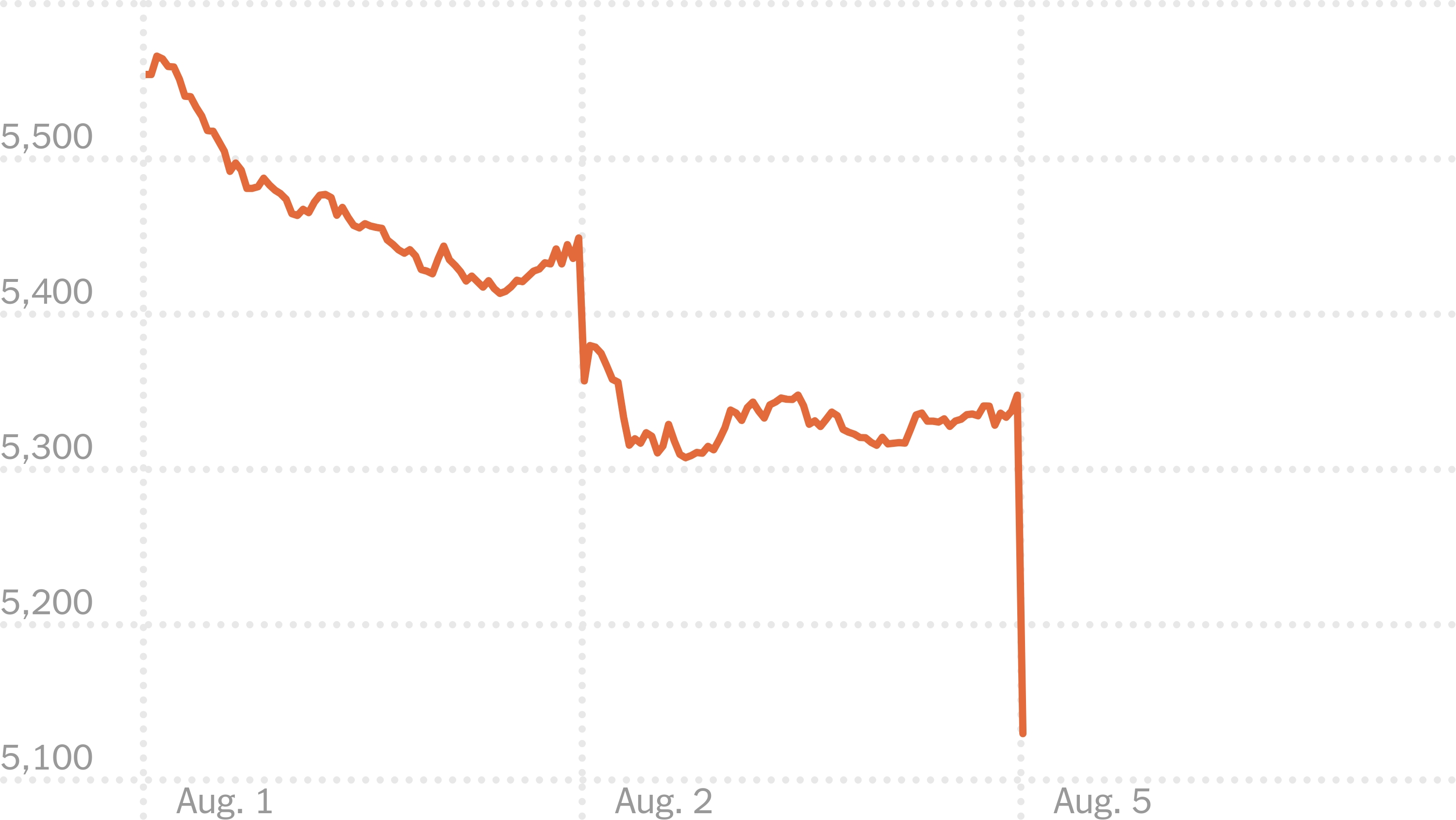US Stocks Hit Record Highs Amid Uncertain Economic Outlook
U.S. stock markets soared to record highs last week, fueled by optimism surrounding potential tariff reductions. However, a considerable level of uncertainty clouds the economic forecast. According to Atlanta Fed President Raphael Bostic, economic modeling is currently challenging due to the rapidly evolving landscape. Experts caution against an oversimplified interpretation of trade developments.
Economic Uncertainty and Market Volatility
Despite a volatile start to the year, U.S. stocks have demonstrated a strong recovery. Bostic highlighted Canada's recent revision of its digital services tax as an example of the constant shifts influencing economic predictions. Investors are closely monitoring the progress of a significant legislative initiative. Businesses are bracing for potential price increases, although the magnitude and timing remain unclear.
Tariff Strategies and Long-Term Impacts
Many companies anticipate finalizing their tariff strategies in 2026, suggesting that the impact on growth and prices could be prolonged. The Federal Reserve's "dot plot" reflects the divergent views among officials regarding the economic trajectory. The S&P 500's recent peak marks a significant rebound from earlier lows, driven in part by a framework trade agreement between the U.S. and China. Simultaneously, the U.S. trade agreement with the U.K. has taken effect, reducing tariffs on specific goods while maintaining duties on others.
Trade Negotiations and Potential Risks
Negotiations with key trading partners like Canada, the EU, Taiwan, Japan, and India are ongoing. Experts suggest that the market might be underestimating the complexities of trade negotiations, highlighting the risk of failed agreements and persistent tariffs, particularly with the European Union.







